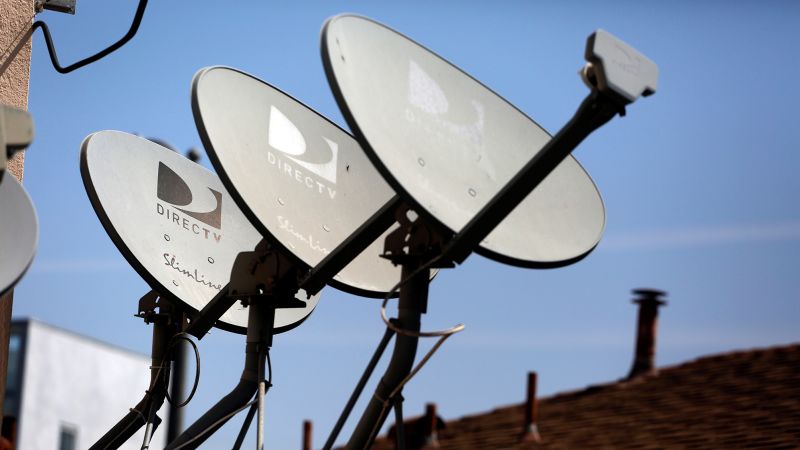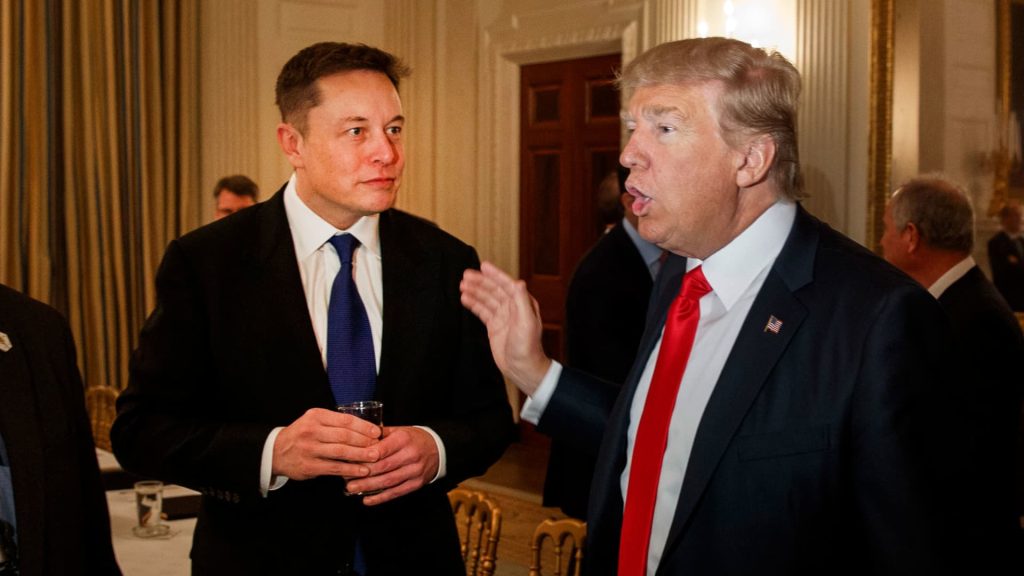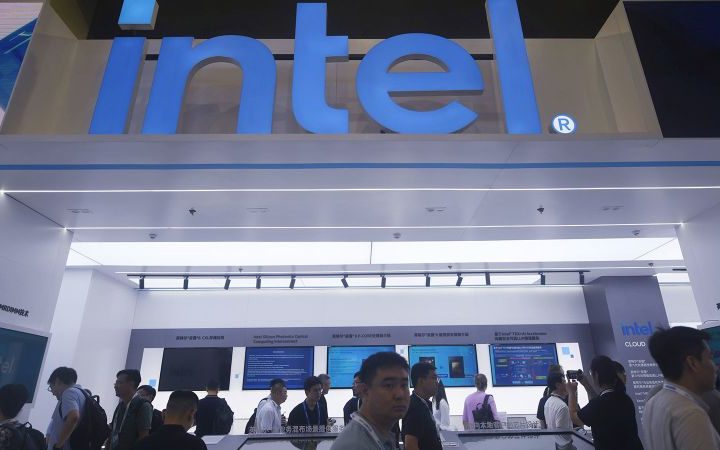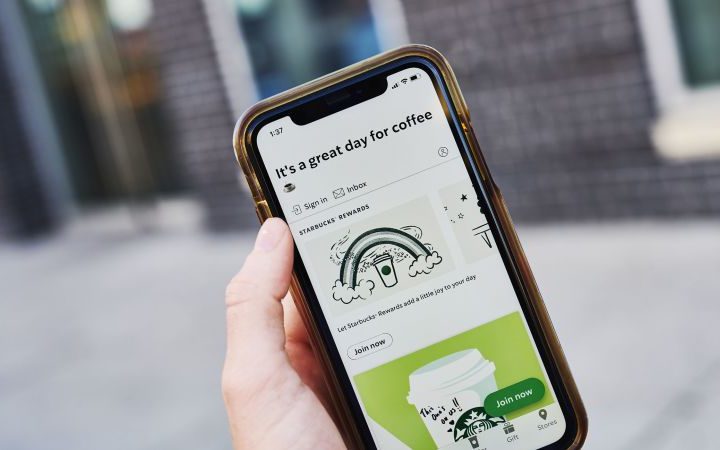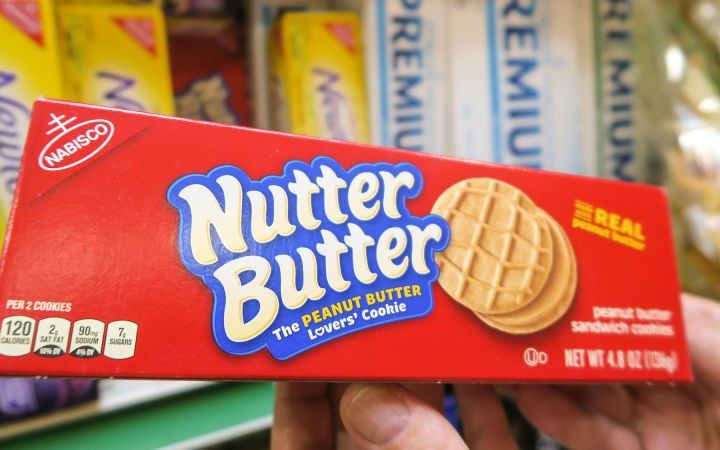Disney on Sunday pulled its ABC stations, ESPN and other cable networks from DirecTV’s lineup as the two companies failed to reach a new distribution deal, leaving millions of sports fans in the dark as the college football and NFL seasons get underway.
The expiration of an agreement between the two companies led to Disney-owned networks going dark for more than 11 million satellite subscribers ahead of Sunday night’s kickoff between the USC Trojans and LSU Tigers, midway through the US Open tennis tournament and days before the NFL season opener.
“The Walt Disney Co. is once again refusing any accountability to consumers, distribution partners, and now the American judicial system,” Rob Thun, chief content officer at DirecTV, said in a statement. “Disney is in the business of creating alternate realities, but this is the real world where we believe you earn your way and must answer for your own actions. They want to continue to chase maximum profits and dominant control at the expense of consumers – making it harder for them to select the shows and sports they want at a reasonable price.”
While the standoff knocked ESPN and Disney-owned ABC affiliates off the nation’s third largest pay TV provider, it also forced other networks to go dark on the service, including FX, National Geographic and Freeform.
“DirecTV chose to deny millions of subscribers access to our content just as we head into the final week of the US Open and gear up for college football and the opening of the NFL season,” Disney Entertainment chiefs Dana Walden, Alan Bergman and ESPN Chairman Jimmy Pitaro said in a statement. “While we’re open to offering DirecTV flexibility and terms which we’ve extended to other distributors, we will not enter into an agreement that undervalues our portfolio of television channels and programs. We urge DirecTV to do what’s in the best interest of their customers and finalize a deal that would immediately restore our programming.”
As negotiations between the two parties stretched on, Disney offered DirecTV a sports-centric package that included ESPN networks and ABC sports broadcasts, as well as a selection of Disney’s linear channels paired with some of the entertainment giant’s direct-to-consumer services, a person familiar with the matter told CNN.
Disney emphasized that the rates they’re requesting from DirecTV are in line with those of other providers and reflect the value of its entertainment portfolio. A Disney spokesperson said DirecTV had sought “unreasonable” discounts. But DirecTV said that Disney had demanded that to reach a deal, the carrier must waive all future legal claims that its behavior is anti-competitive.
The collapse of the talks comes as satellite and cable providers seek skinnier and more flexible bundles from programmers that could allow for more affordable options for consumers seeking a smaller selection of channels.
“Unfortunately, while [direct to consumer] offerings have evolved, pay TV packages have remained largely unchanged,” Thun said in an open letter ahead of the deal’s collapse. “Instead of allowing distributors like DirecTV to also develop smaller, more tailored packages at prices that reflect the value they get from the content, programmers have continued to impose and enforce strict bundling requirements through exorbitant minimum penetration rates – the minimum proportion of a distributor’s subscribers required to access a channel.”
The stalemate comes as media giants look to muscle up their streaming arms, with Disney, Warner Bros. Discovery (CNN’s parent company), Paramount and others increasingly airing premium shows on their own digital services, forgoing traditional cable and satellite distribution and its tens of millions of subscribers.
“Consumer frustration is at an all-time high as Disney shifts its best producers, most innovative shows, top teams, conferences, and entire leagues to their direct-to-consumer services while making customers pay more than once for the same programming on multiple Disney platforms,” Thun said in his statement Sunday. “Disney’s only magic is forcing prices to go up while simultaneously making its content disappear.”
Last year, Disney renewed a distribution deal with Charter, avoiding a last-minute blackout of “Monday Night Football” after the cable provider demanded greater flexibility in its bundles and access to Disney’s streaming services. While the showdown briefly resulted in Disney-owned channels being pulled from Charter’s Spectrum service over Labor Day weekend, Disney ultimately agreed to a deal that offered Charter subscribers access to its Disney+ and ESPN+ services.
Legacy media companies have been working for years to transition away from relying on the traditional cable bundle and toward streaming services as millions of consumers cut the cord each year, a migration prompted by the rapid rise of Netflix. Earlier this month, a federal judge temporarily blocked the launch of a forthcoming sports-focused joint streaming venture from Disney, Warner Bros. Discovery and Fox Corporation, dealing a major blow to the effort.
The decision came after Fubo, a smaller rival sports streaming service, alleged in a lawsuit that the trio were attempting to leverage their sports media rights to edge out competitors, cornering the market in a single, anticompetitive bundle.
Read the full article here
